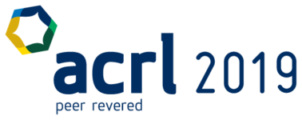Session Description:
Set in the cities of Akron, Atlanta, Boston and Los Angeles, five individuals failed by Americas higher education system fight for a second chance at opportunity. In the US less than 50% of students who start college ever finish, making Americas college completion rates among the worst in the world. Now there are more than 35 million Americans who started college but never finished, leaving them saddled with debt, and behind their peers in earning power. Featuring interviews with LeBron James, Howard Schultz, and our nation’s leading voices in education, this penetrating and personal new film investigates Americas college dropout crisis through the lives of five diverse students as they fight for a second chance at opportunity and highlights the innovators reimagining higher education for the 21st century. The movie is 1:45 minutes and will be followed by a brief 15 minute discussion. www.unlikelyfilm.com
